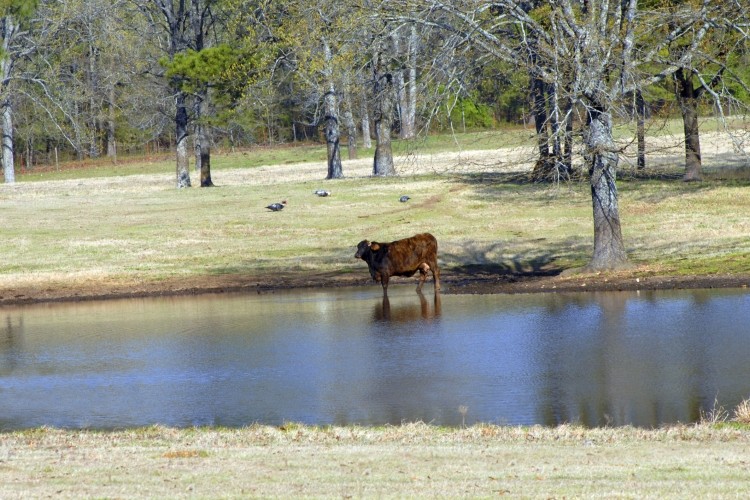Environmental laws set to hit NZ livestock farmers

In the report ‘Environmental opportunities: Making regulation work for New Zealand’s sheep and beef farmers’, Rabobank Country Banking general manager Hayley Moynihan said that since the introduction of the National Policy Statement for Freshwater Management (NPSFM), much of the focus relating to regulation change had been on the impacts to the dairy sector. However, sheep and beef farmers also face considerable challenges in achieving environmental compliance.
"The environmental risk profile of sheep and beef farming is different than dairy, but with sheep and beef farms representing 30% of New Zealand’s total land area and 71% of pastoral land use, the sector is still a considerable contributor to the total contaminant load that is entering New Zealand’s waterways,” she said. “It is therefore crucial that farmers in this sector plan for, and adapt to, increased environmental regulation."
The Rabobank report examines the specific environmental issues facing the sheep and beef sector and potential impacts regulatory change will have on farmers. The report investigates how to plan for, and implement, the available mitigation techniques within existing sheep and beef farm systems.
Report author, Rabobank’s Blake Holgate, said a farm’s impact on waterways is largely determined by the intensity of the farming system and the landscape in which the farming is undertaken.
"In terms of contaminant loss to waterways, pastoral land uses produce three main pollutant types, the nutrients nitrogen and phosphorous, sediment and faecal microbes," he said.
"With intensive land uses like dairying, nitrogen loss due to leaching into ground water is the major issue. For the sheep and beef sector, which is primarily undertaken on sloping or elevated landscapes, contaminants which are transported to water via surface run-off, such as phosphorus, sediment and faecal microbes, pose the major challenge.
"The rules imposed to regulate the loss of contaminants via run-off will have direct implications for sheep and beef farmers."
Sheep and beef farmers should expect regional authorities to look closely at land management practices that can assist in reducing contaminant losses to waterways, according to the report.
The report also urges sheep and beef farmers to pay close attention to the regulation of nitrogen leaching within their region.
"As relatively low leachers of nitrogen, sheep and beef farmers will need to be cautious of any framework that caps nitrogen limits at, or below, their existing leaching levels, preventing them from intensifying their current operation, or converting to more intensive land uses," said Holgate.
Adjusting to limits and rules is likely to require widespread adoption of a range of “good management practice” mitigation strategies, the Rabobank report said. These may include maintaining riparian buffer strips, targeted fertiliser application, careful cultivation and practices to reduce erosion risk. The report says the effectiveness and cost of these mitigation options can vary due to differences in soil type, climate, topography, land-use and farm management systems.
The report said the NPSFM needs to be implemented in a way that not only ensures communities’ expectations for fresh water quality are being met, but also in a way that does not threaten New Zealand’s sheep and beef sectors’ international competitive advantage by adding unnecessary costs and/or farming system restrictions.
"Environmental sustainability and economic sustainability are inextricably linked and, in the long term, neither can be achieved without the other. In order to improve both farm profitability and environmental performance, regulators, farmers and processors must work together,” Holgate said. “Only if each of these groups effectively carries out their roles and responsibilities will the challenges posed by the NPSFM be met and the opportunities be realised."










